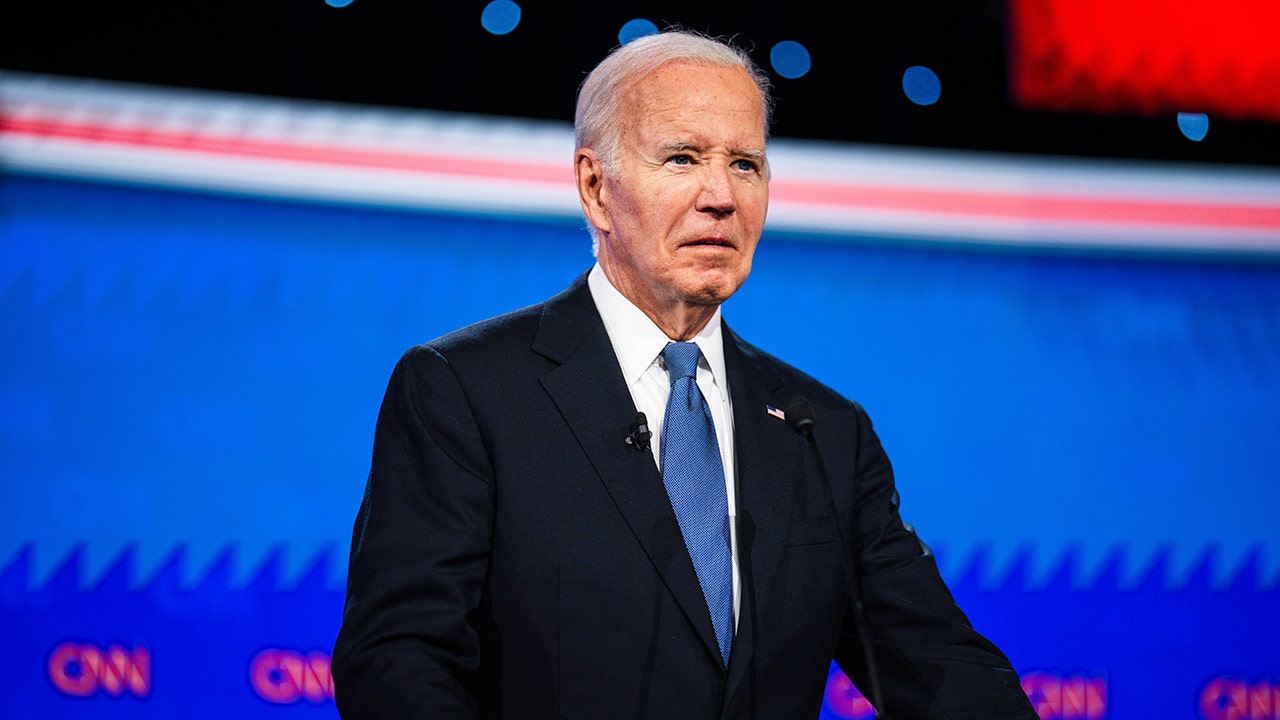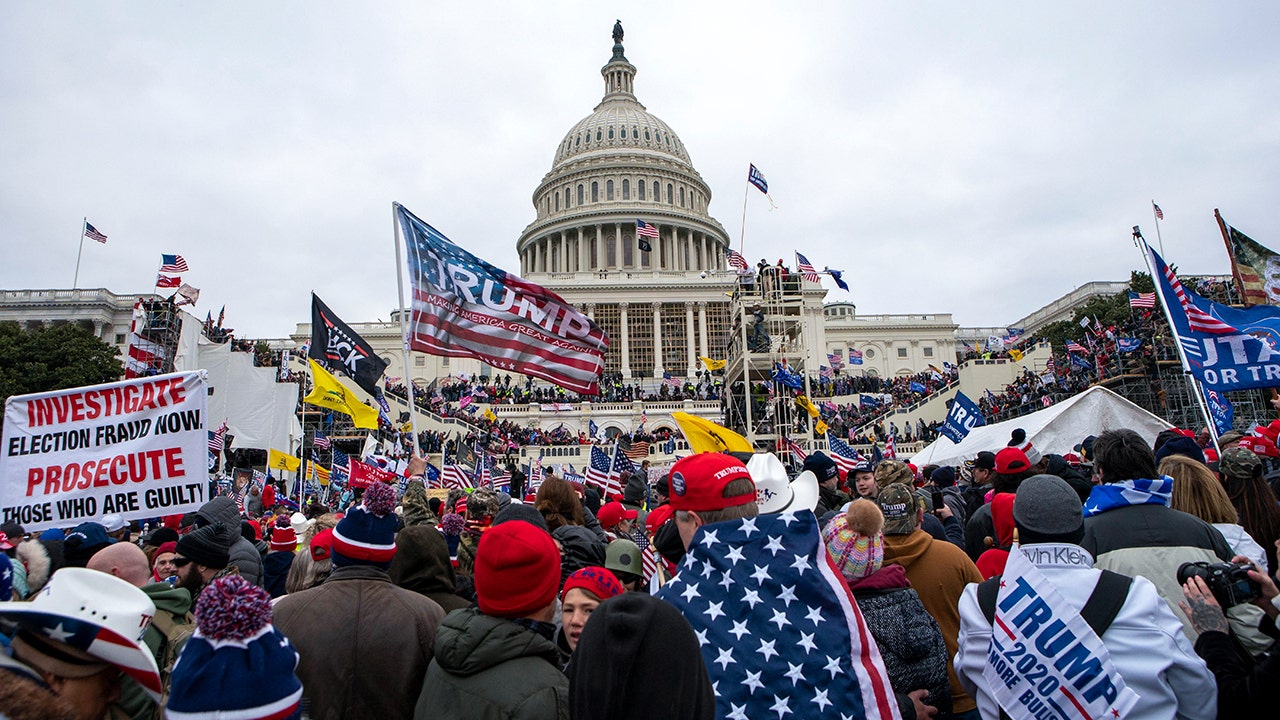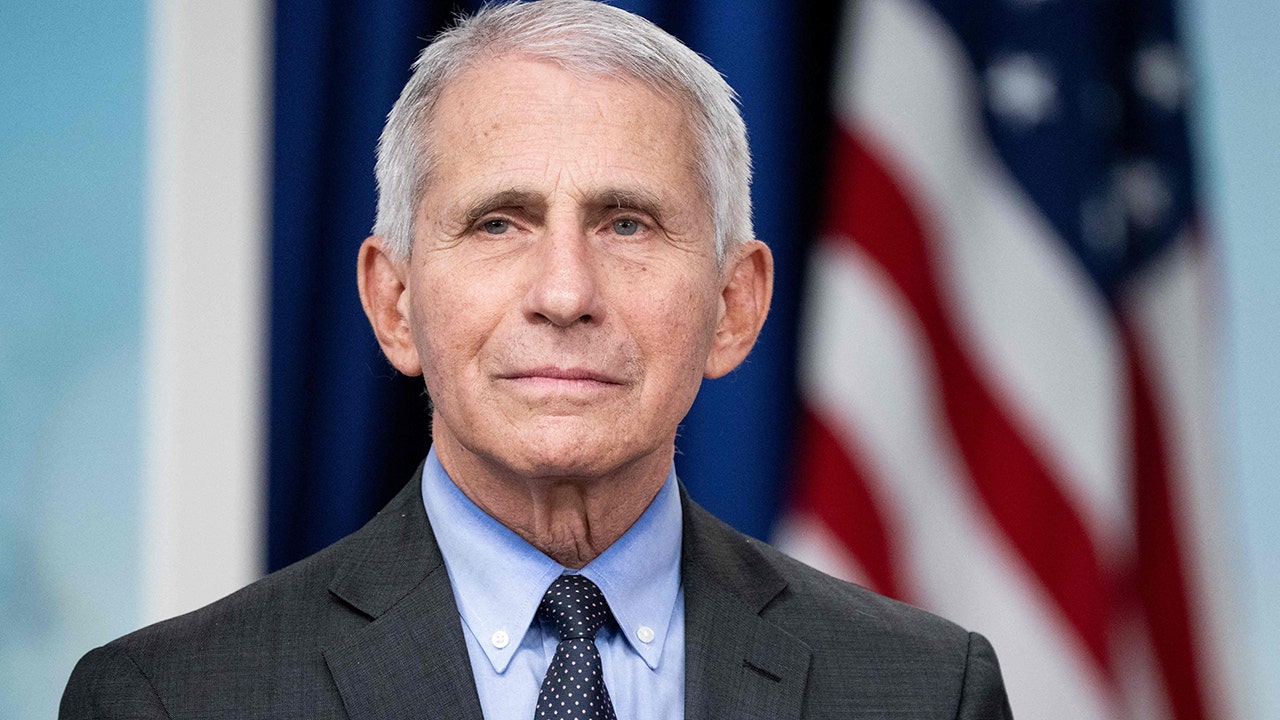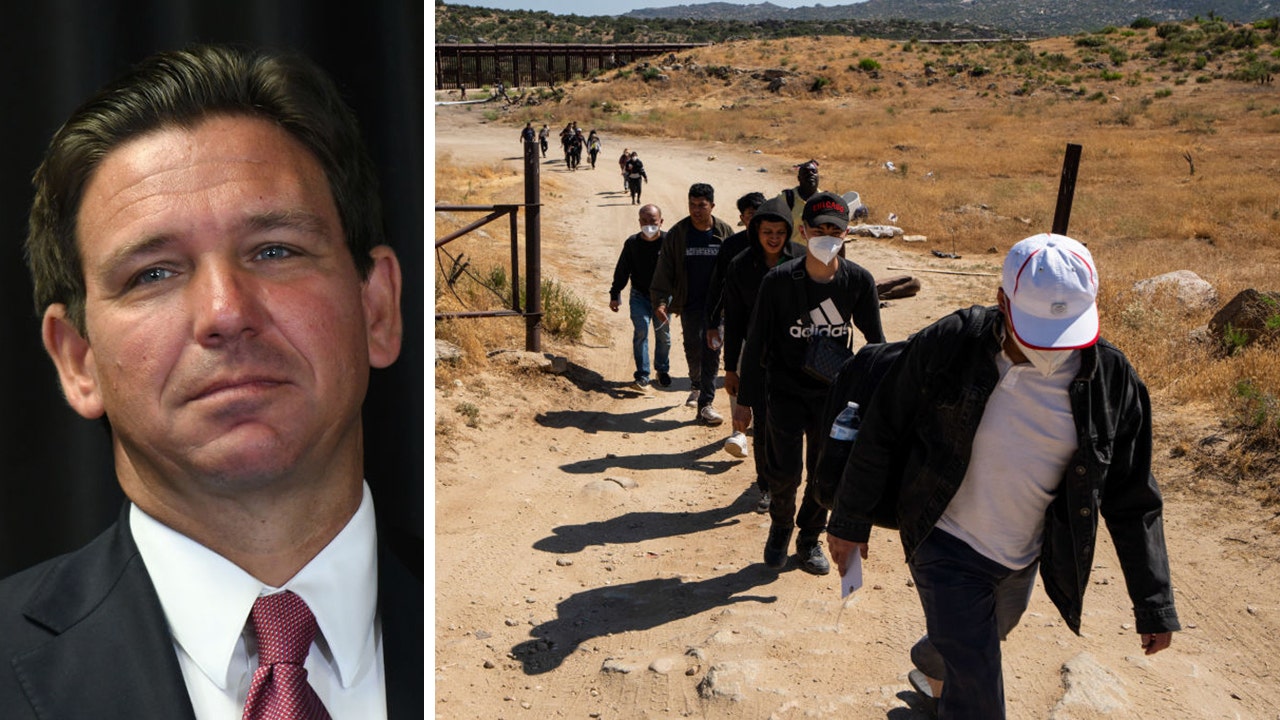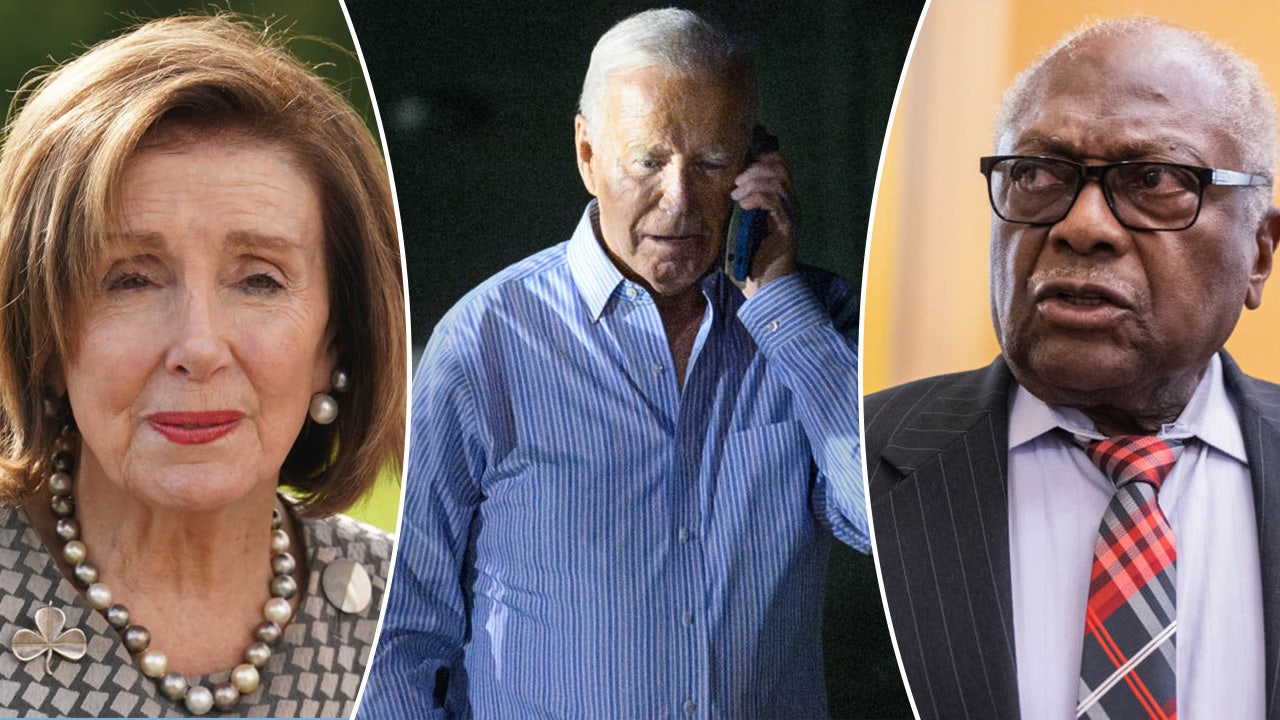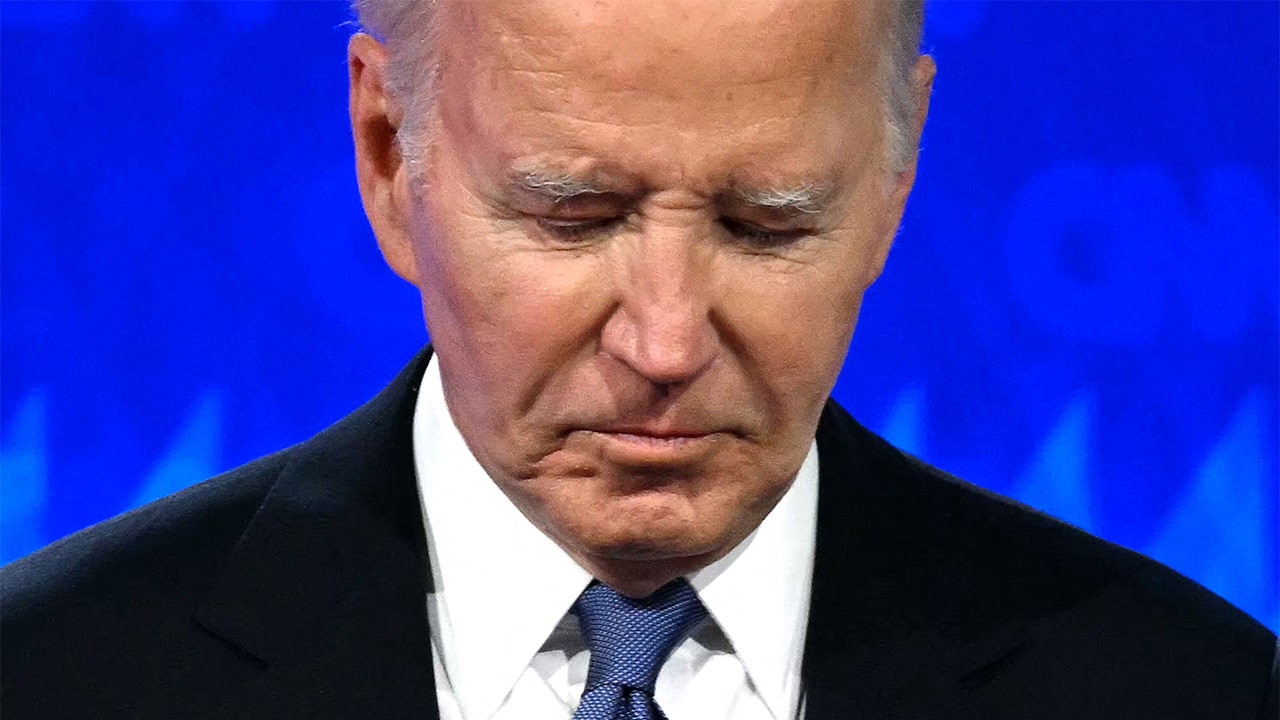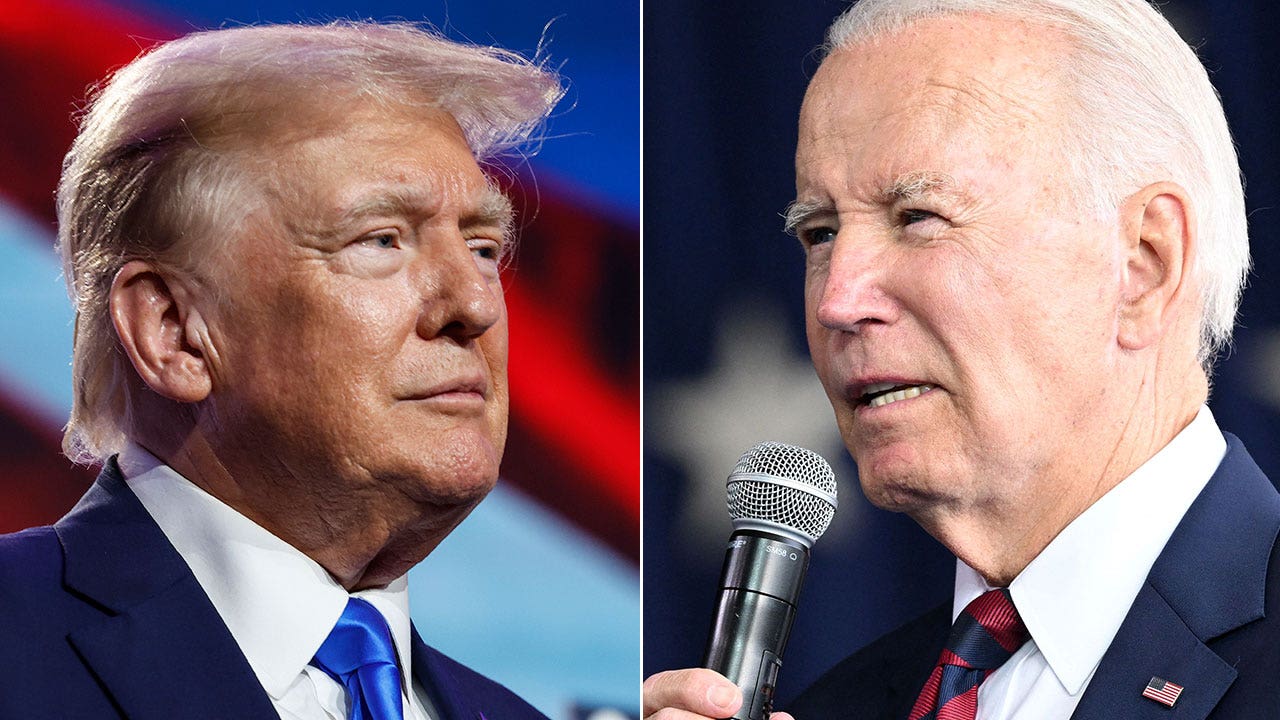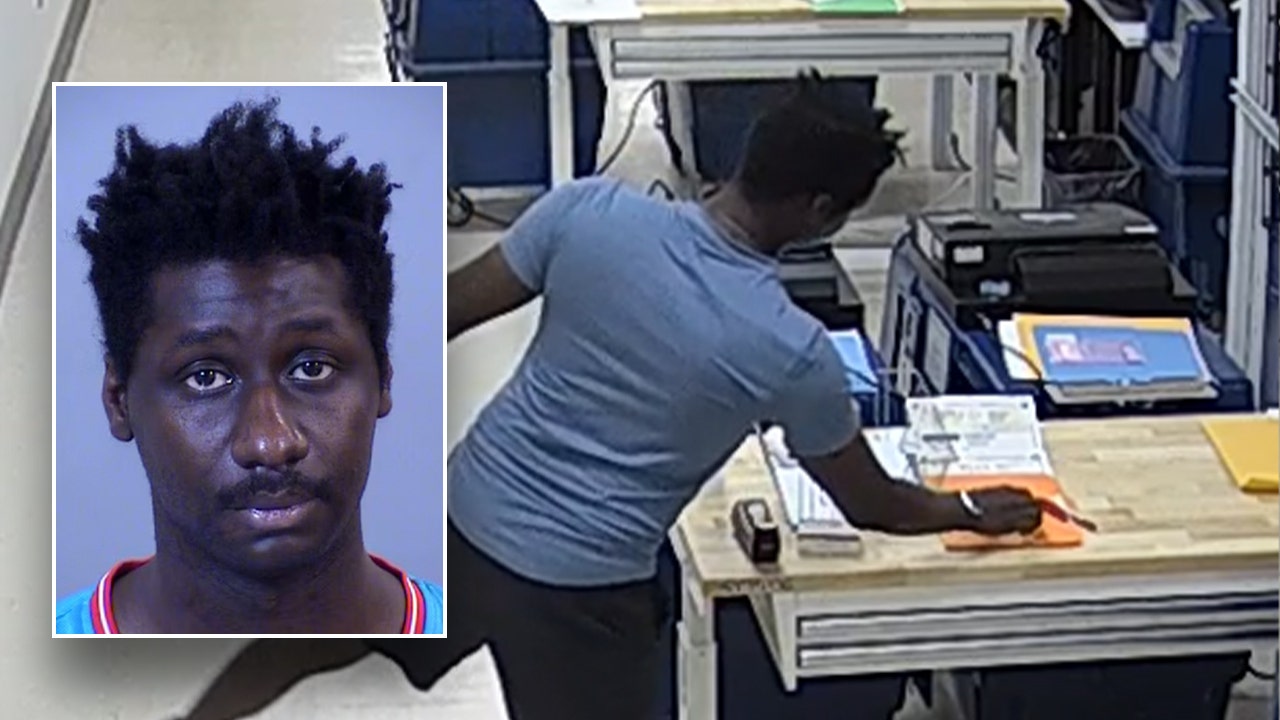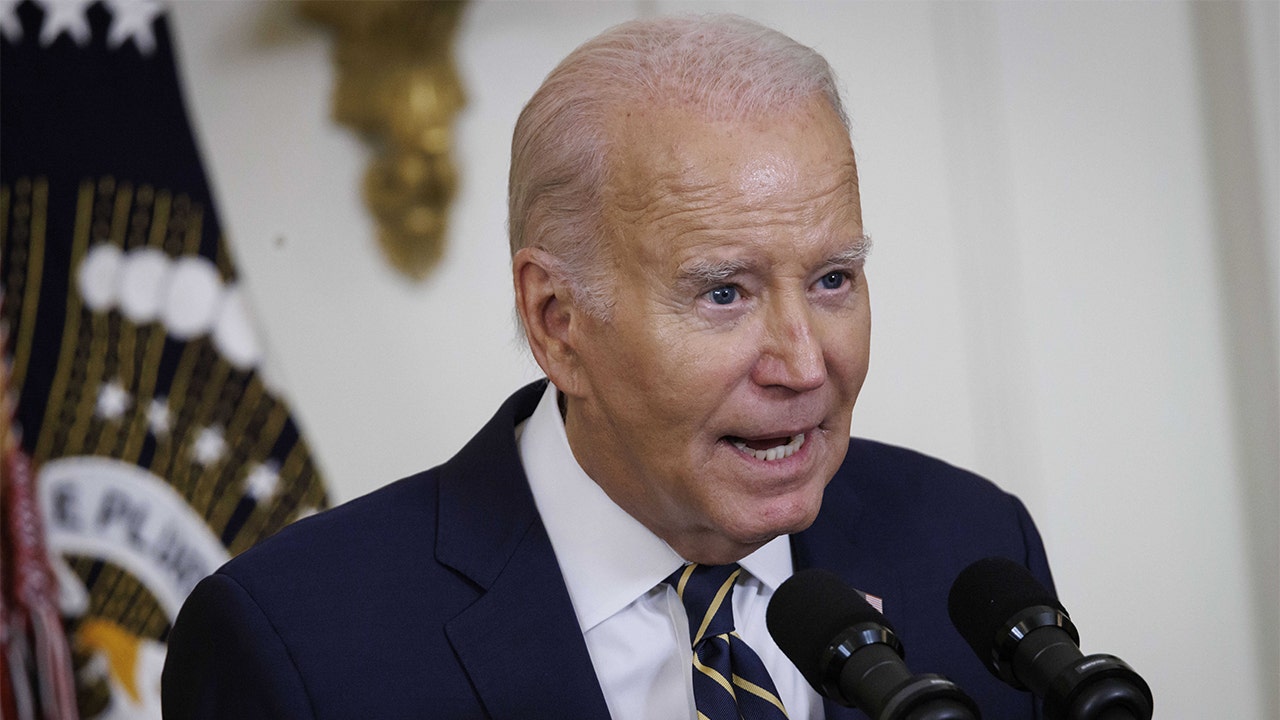The Supreme Court on Friday ruled in favor of a participant in the Jan. 6, 2021, Capitol riot who was challenging his conviction for a federal “obstruction” crime.
The ruling reverses a lower court decision and returns the case to the D.C. Circuit Court of Appeals, who will have the opportunity to reassess the case with Friday’s ruling in mind.
The case stems from a lawsuit filed by Joseph Fischer – one of more than 300 people charged by the Justice Department with “obstruction of an official proceeding” in the Jan. 6, 2021, riot at the Capitol. His lawyers argued that the federal statute should not apply, and that it had only ever been applied to evidence-tampering cases.
The Justice Department argued that Fischer’s actions were a “deliberate attempt” to stop a joint session of Congress directly from certifying the 2020 election, thus qualifying their use of the statute that criminalizes behavior that “otherwise obstructs, influences, or impedes any official proceeding, or attempts to do” and carries a penalty of up to 20 years in prison.
LEGAL EXPERTS SAY BIDEN ADMIN’S LEGAL THEORY IN JAN 6 PROSECUTION ‘ON THE ROPES’ AFTER SUPREME COURT ARGUMENT
Solicitor General Elizabeth Prelogar took a slew of tough questions from the justices during oral arguments in April.
At one point, Justice Neil Gorsuch questioned whether, under the government’s argument, heckling at the State of the Union address or the recent incident of Rep. Jaamal Bowman, D-N.Y., pulling a fire alarm and diverting a House vote would constitute “obstruction.”
“There are multiple elements of the [statute] that I think might not be satisfied by those hypotheticals,” Prelogar replied, adding that obstruction requires “meaningful interference” and “corrupt intent.”
Chief Justice John Roberts pressed Prelogar about an opinion issued in 2019 by the DOJ’s Office of Legal Counsel (OLC) – an office that serves as a legal adviser to the department and other executive agencies – which said the obstruction statute should be viewed narrowly and contradicts the DOJ’s position in the case.
Prelogar said that opinion was never “formally” adopted, but she could not say what the DOJ’s process is for formerly accepting an OLC paper.
Read the full article here



/origin-imgresizer.eurosport.com/2024/06/30/3995910-81093908-2560-1440.jpg)

